tmdb28039023
Sep 10, 2022
6/10
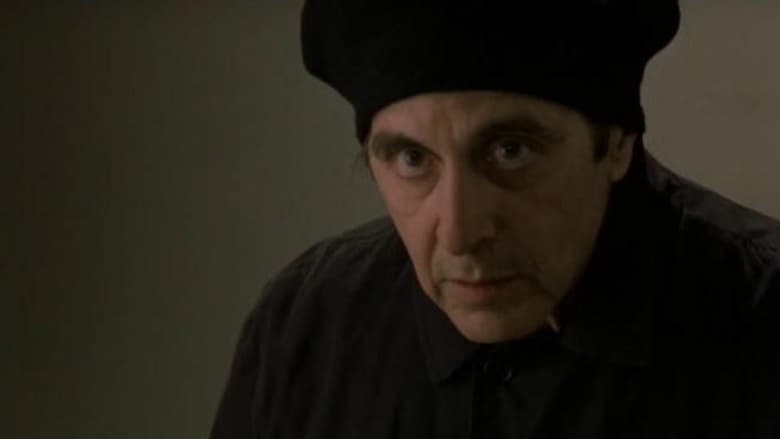
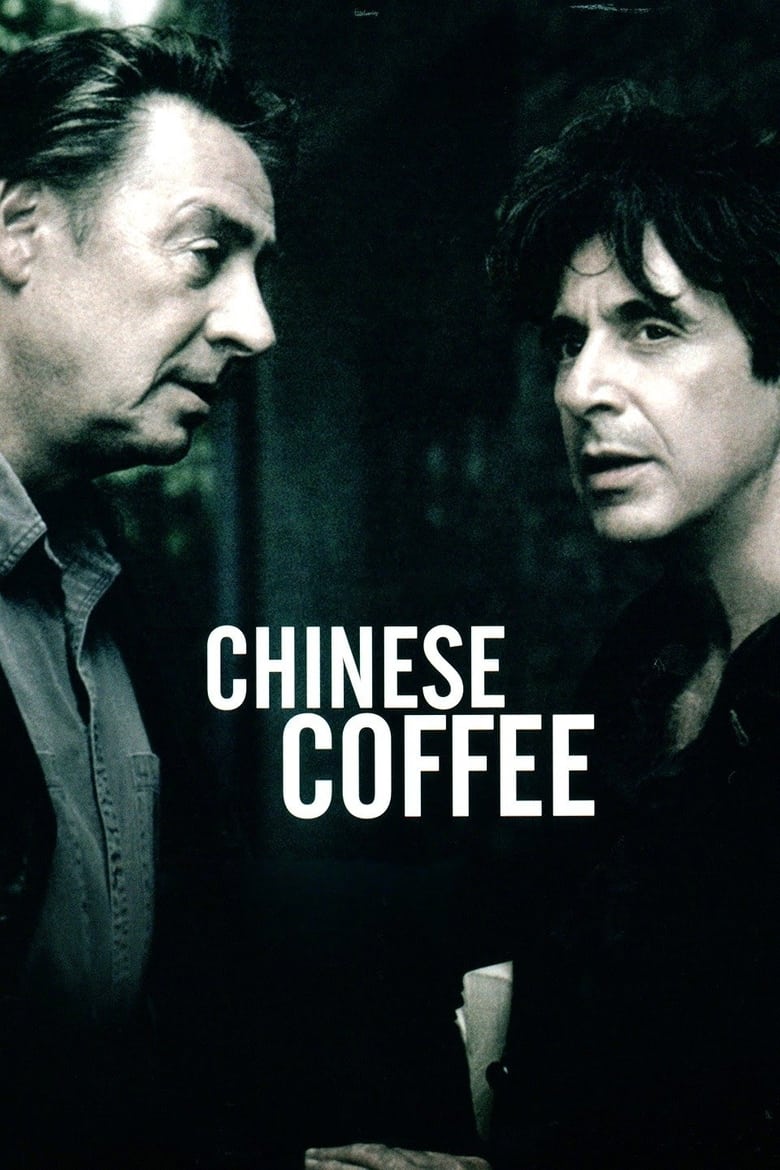
6.7/10 • 62
2000-09-02 • 1h 39m
There's a fine line between friendship and betrayal.
When Harry Levine, an aging, unsuccessful Greenwich Village writer, is fired from his job as restaurant doorman, he calls on friend and mentor Jake, ostensibly to collect a long-standing debt.

2000-09-02 • 1h 39m
6.7/10 • 62
There's a fine line between friendship and betrayal.
When Harry Levine, an aging, unsuccessful Greenwich Village writer, is fired from his job as restaurant doorman, he calls on friend and mentor Jake, ostensibly to collect a long-standing debt.
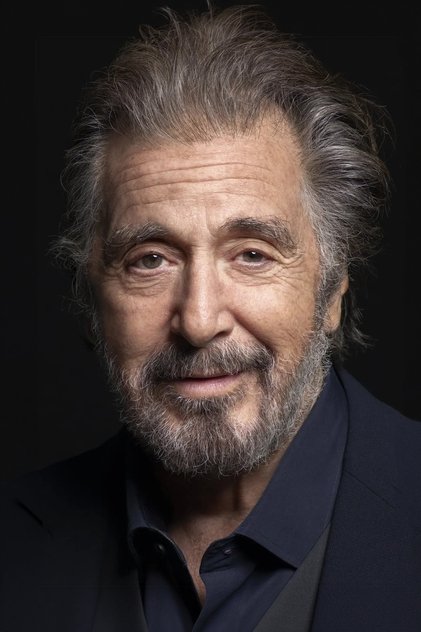
Al Pacino
Harry Levine
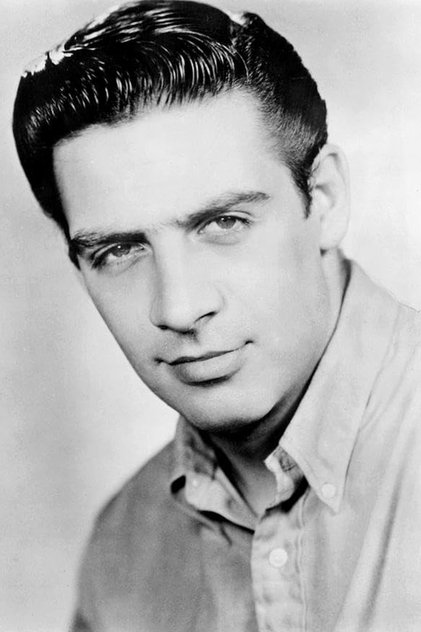
Jerry Orbach
Jake Manheim
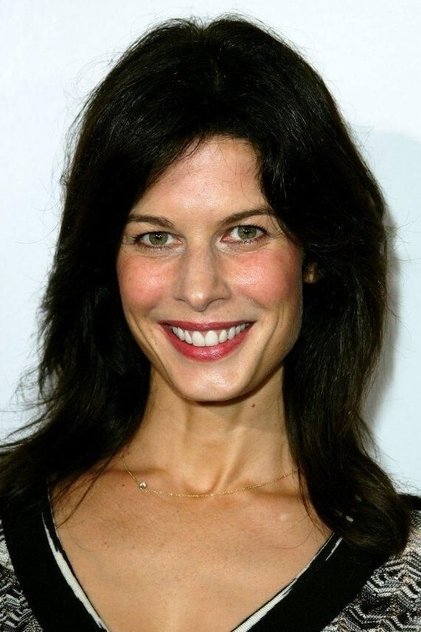
Susan Floyd
Joanna
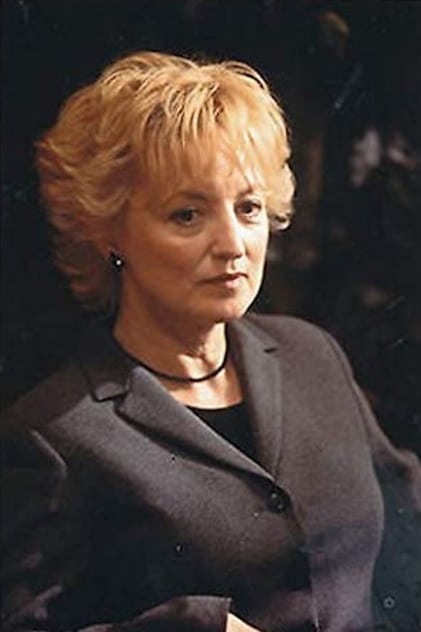
Ellen McElduff
Mavis
Michel Moinot
Maurice
Judette Jones
Supermarket cashier
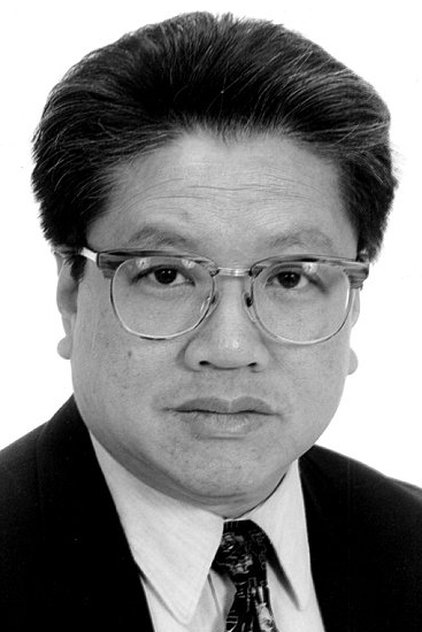
Paul J.Q. Lee
Counterman
Joel Eidelsberg
Harry's Brother
Maria Gentile
Sarah / Bellydancer
Sep 10, 2022
6/10

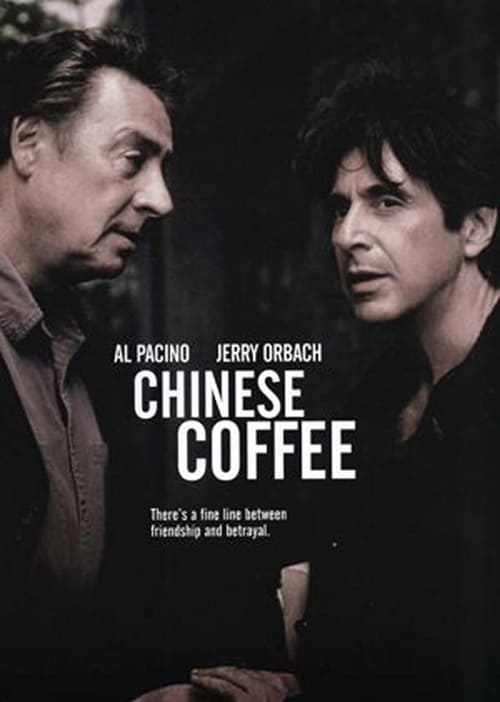

Rounders
7.0
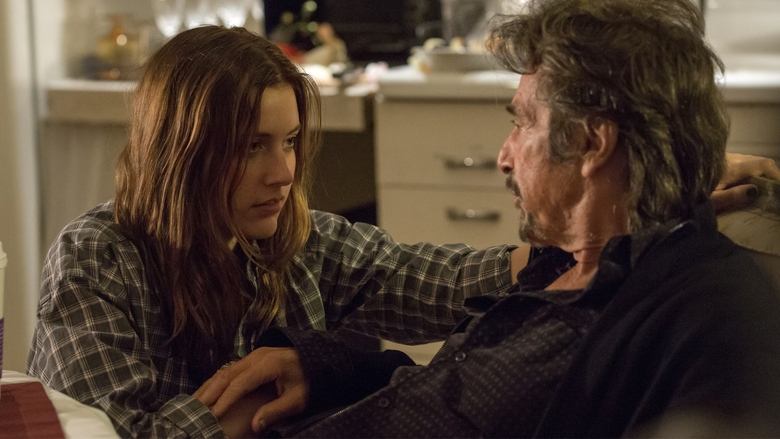
The Humbling
5.1
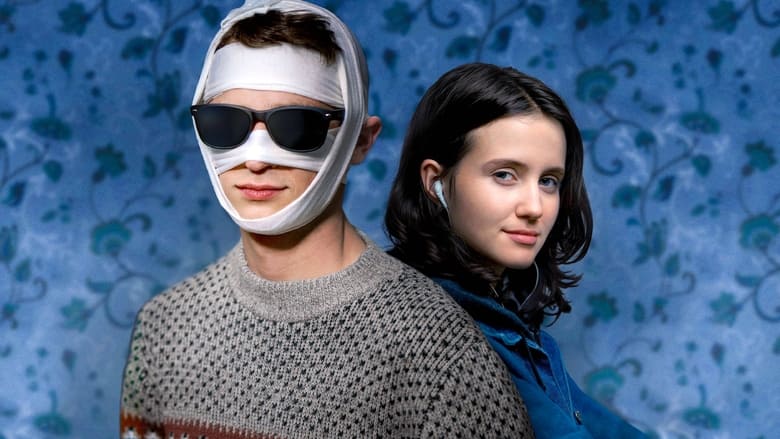
Looks That Kill
6.9
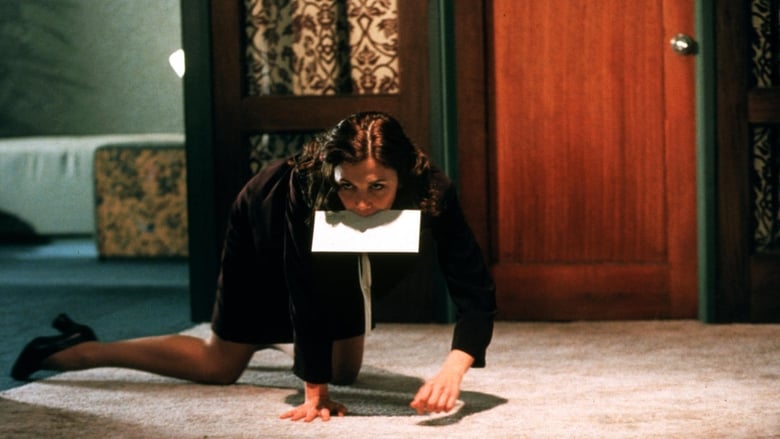
Secretary
6.8
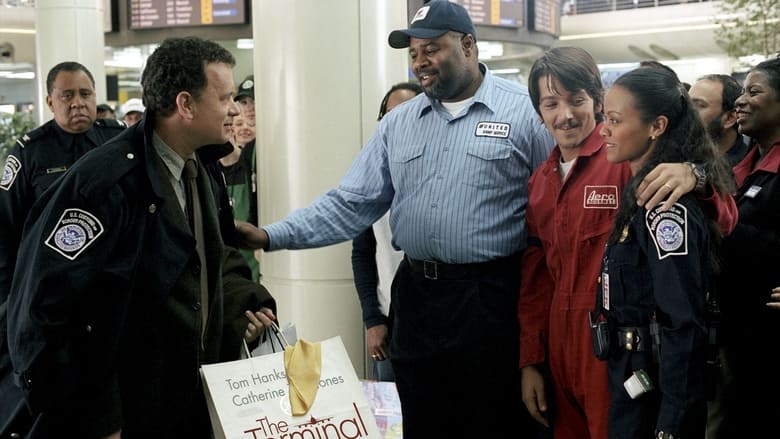
The Terminal
7.4
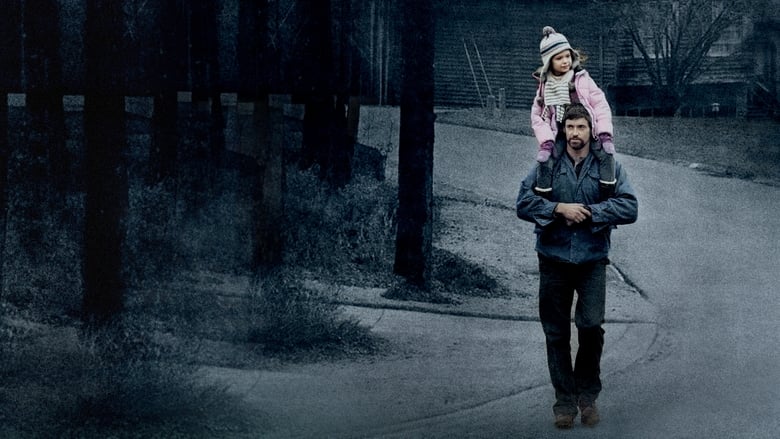
Prisoners
8.1
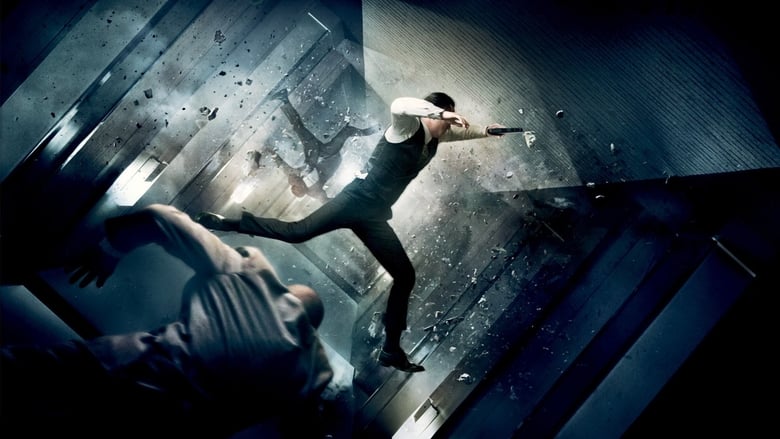
Inception
8.4

The Dark Knight Rises
7.8
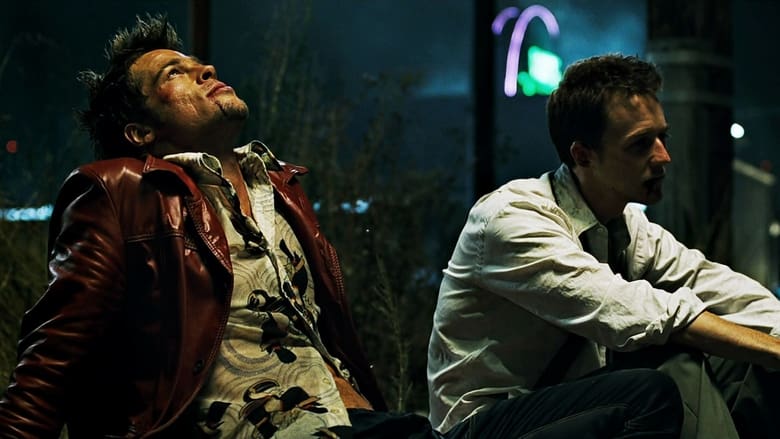
Fight Club
8.4

The Theory of Everything
7.8
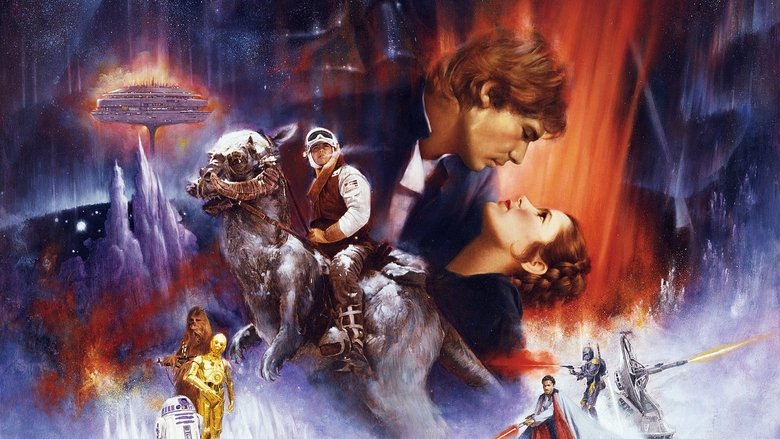
The Empire Strikes Back
8.4
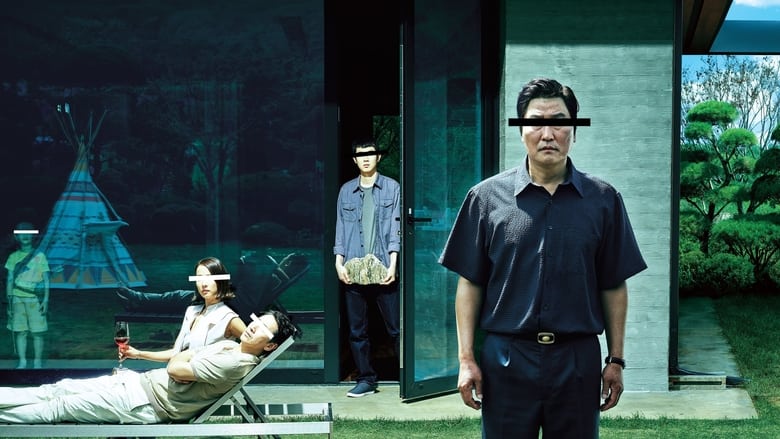
Parasite
8.5
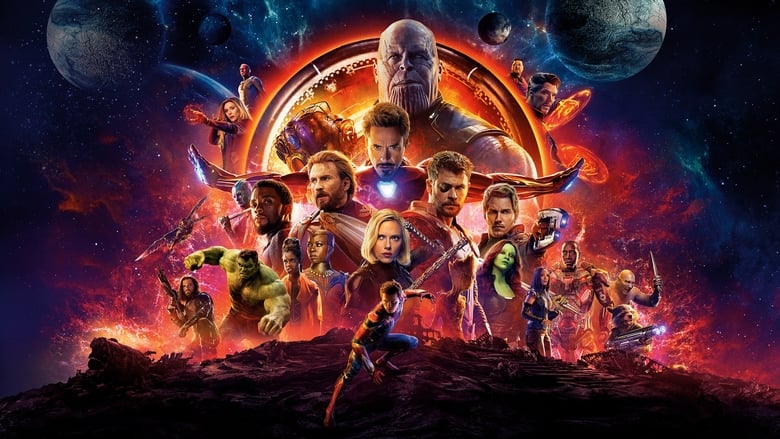
Avengers: Infinity War
8.2

Suicide Squad
5.9
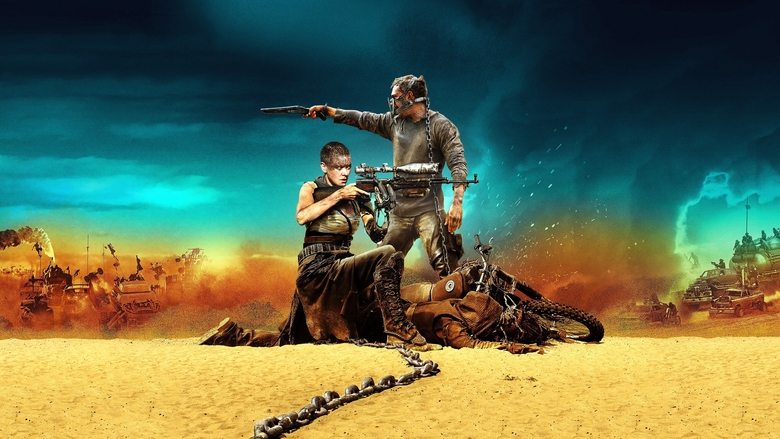
Mad Max: Fury Road
7.6
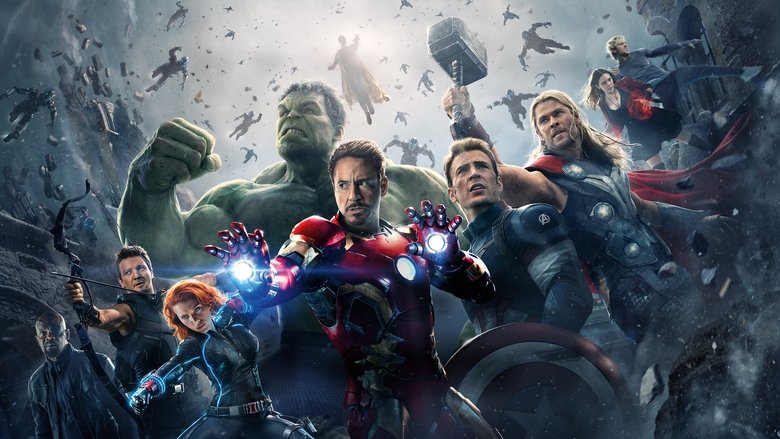
Avengers: Age of Ultron
7.3
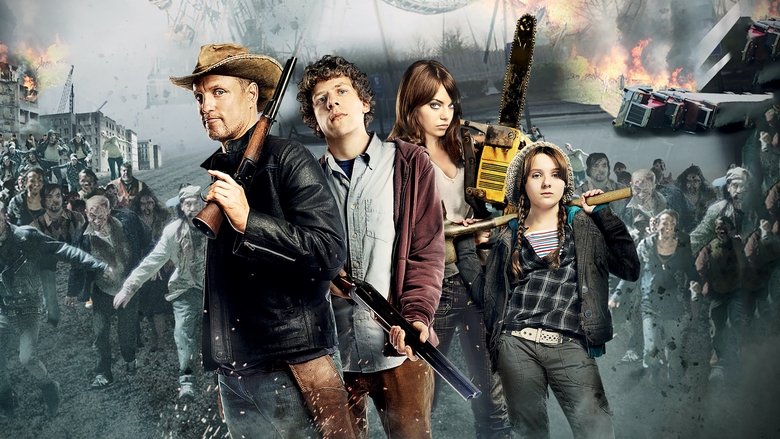
Zombieland
7.3

Gladiator
8.2

Interstellar
8.5
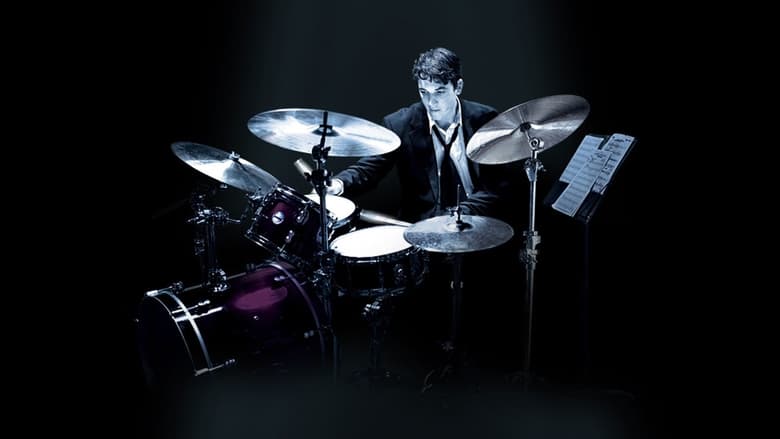
Whiplash
8.4